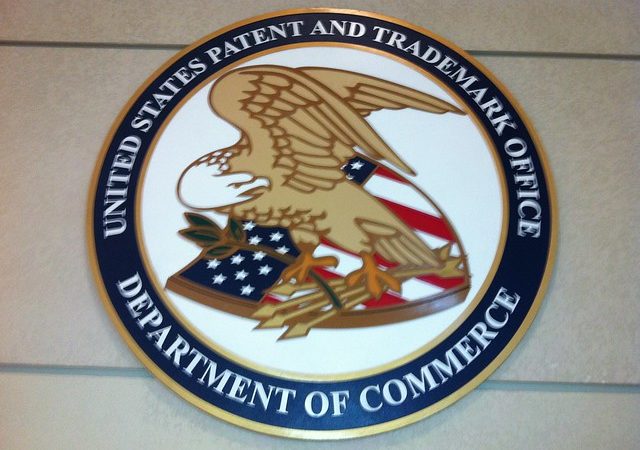U.S. 2019 Special 301 Report Sees Movement from Priority Watch List to Watch List, Renews Focus on IP Issues with Trading Partners
This past week, ahead of World IP Day, the U.S. Trade Representative released the Notorious Markets Report and the 2019 Special 301 Report. Every year the Trade Representative releases this report to identify countries that do not have effective IP rights protection, as promulgated under Section 182 of the Trade Act of 1974.
The 2019 Report includes 36 countries that present the most significant concerns regarding IP rights amongst the United States’ trading partners. Changes from last year include moving Saudi Arabia from the Watch List to the more serious Priority Watch List and moving Canada and Colombia from the Priority Watch List to the Watch List.
Saudi Arabia’s IP environment has continued to deteriorate, leading to its placement on the Priority Watch List. One reason for this is that in recent years, the Minister of Health has allowed companies to produce generic pharmaceuticals of products that are under patent protection in the Gulf Cooperation Council. To make matters worse, the Saudi government has not taken sufficient steps address online piracy, including the role of Saudi Arabia-based satellite provider Arabsat, who provides the signal for illicit content provider BeoutQ.
On the flip side, Canada’s IP environment has improved, leading to its removal from the Priority Watch List. A key component of this is its agreement to the IP provisions in the U.S.-Mexico-Canada Agreement (USMCA). Two long-standing concerns in the Canadian IP environment will be alleviated by the USMCA: enforcement against counterfeits and inspection of goods in transit.
The report also includes the results of the Out-of-Cycle Reviews completed in Colombia, Kuwait, and Malaysia. As Colombia made progress enacting copyright reform in accordance with the U.S.-Colombia Trade Promotion Agreement, it was moved from the Priority Watch List to the Watch List. Kuwait was found to have not made significant improvements to its copyright regime, while the Out-of-Cycle Review was continued to further investigate Malaysia’s patent protection.
Aside from identifying notorious markets and areas of concern with the United States’ trading partners, the 301 report also issues updates in areas of progress. For example, the U.S. engaged with Japan to ensure transparency and fairness with respect to pharmaceutical and medical devices pricing. The U.S. also engaged with India to address concerns over compulsory licensing.
While not as buzz-worthy a topic as tariffs, these negotiations and efforts to ensure that our trading partners are enforcing IP rights are the result of a concerted effort by the Trump administration. This year’s 301 report keeps consumers and manufacturers aware of developments around the world, in order to ensure their IP remains protected.
Photo Credit: Rajiv Patel

